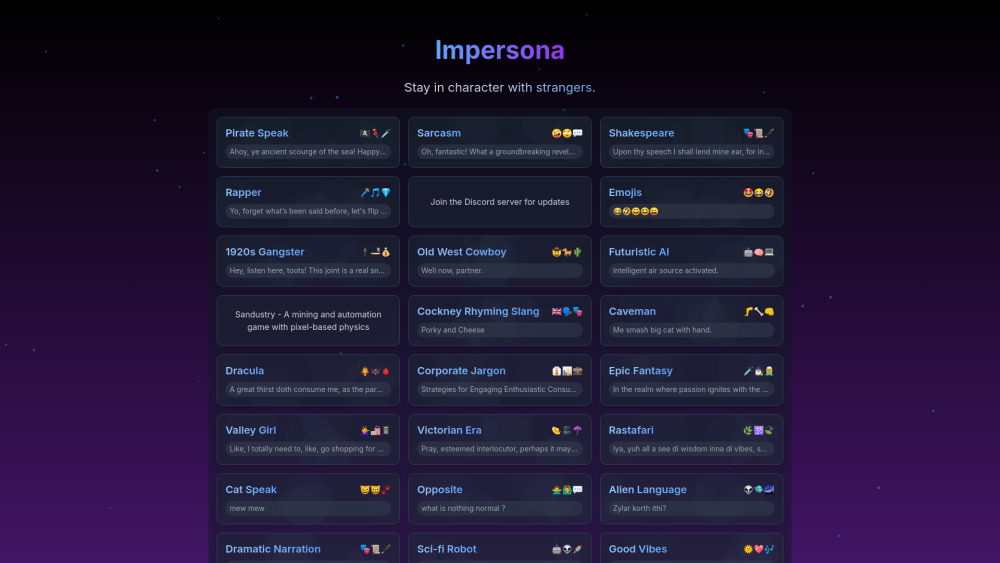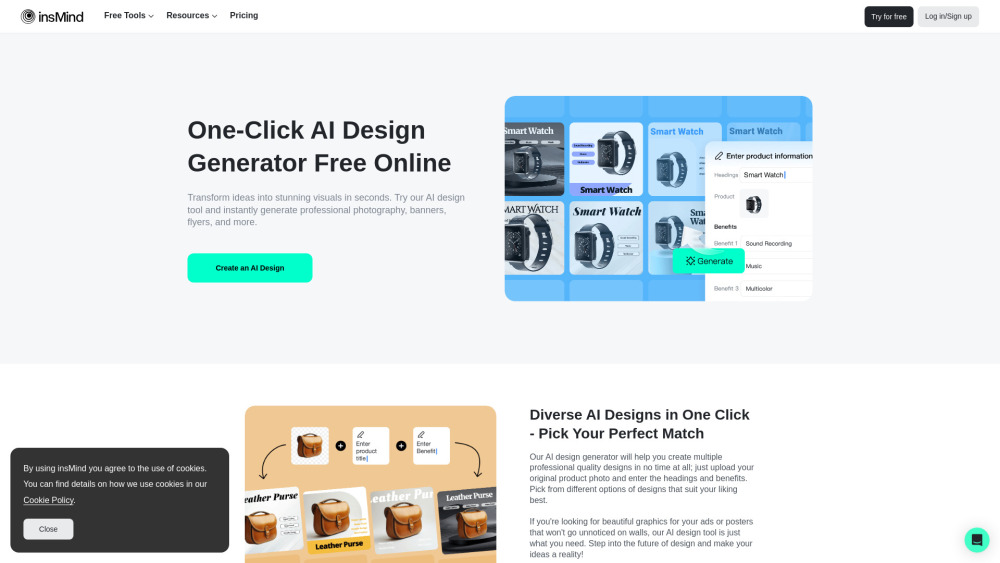Jay Hack, an AI researcher specializing in natural language processing and computer vision, recognized years ago that large language models (LLMs)—such as OpenAI’s GPT-4 and ChatGPT—could significantly enhance developer productivity by converting natural language requests into executable code.
Having previously worked at Palantir as a machine learning engineer and founded Mira, an AI-driven cosmetics shopping startup, Hack began to explore the capabilities of LLMs to streamline the management of pull requests, the process of integrating new code changes into main project repositories. With a dedicated team, these initial experiments evolved into Codegen, a platform aimed at automating a wide range of repetitive tasks in software engineering by harnessing LLM technology.
“Codegen transforms software engineering by automating tedious tasks and empowering AI agents to deliver code,” Hack shared in an email interview. “This innovation allows companies to accelerate their workflows and reduce costs associated with technical debt and maintenance, ultimately enabling a focus on product development.”
You may wonder what differentiates Codegen from other code-generating AI tools like GitHub Copilot, Amazon CodeWhisperer, and even the Salesforce model it is named after. According to Hack, the key difference lies in the challenges Codegen addresses. While competitors primarily focus on code completion, Codegen tackles broader issues, such as large-scale code migrations and refactoring—restructuring an application’s code without changing its functionality.
“Codegen employs a multi-agent system for intricate code generation,” Hack detailed. “This approach orchestrates a collective of agents that work together to decompose and solve extensive tasks. Many LLMs can effectively collaborate and build on one another’s contributions, resulting in superior outputs.”
The cornerstone of Codegen’s offering is a versatile tool, available both in the cloud and on-premises, that links to codebases and project management systems like Jira and Linear. It automatically generates pull requests to resolve support tickets and can set up essential code infrastructure and logging—although it was unclear what Hack meant by “infrastructure.”
“Unlike other solutions, Codegen delivers a heightened level of automation by managing entire tasks on behalf of developers,” Hack explained. “We analyze a company’s backlog, identify solvable tickets, and deploy a fleet of agents to locate relevant code and generate a pull request.”
While Codegen promises to revolutionize the field, it is worth noting that even the most advanced AI models are prone to errors. Research indicates that generative coding tools may inadvertently introduce security vulnerabilities into software, with a Stanford study suggesting that engineers using code-generating AI are more likely to create insecure applications.
Hack asserts that Codegen is working to establish “the right balance” between human oversight and best practices for monitoring LLM-generated code. “This is crucial work, and the entire development ecosystem stands to gain from a better understanding of how to evaluate and verify outputs from LLMs,” he said. “Substantial advancements are needed for developers to trust automated code generation systems broadly.”
Investors appear confident about Codegen’s future potential. This week, the company announced a successful $16 million seed funding round led by Thrive Capital, with contributions from prominent angel investors such as Quora CEO Adam D’Angelo and Instagram co-founder Mike Krieger. This new funding elevates Codegen’s total capital raised to $16.2 million, valuing the startup at $60 million post-money, according to Hack.
Philip Clark from Thrive noted via email, “In 2023, many developers still spend an excessive amount of time on low-level tasks like migrations, refactoring, integrations, and bug fixes. Companies like Codegen are utilizing LLMs to create AI agents that liberate engineers from these burdens. In the near future, developers will be able to delegate tasks to agents, allowing them to concentrate on product creation.”
Though San Francisco-based Codegen does not have paying customers at this stage, as it is currently refining its platform with two “large-scale” enterprise partners, Hack is optimistic about expansion in the upcoming year. “We’re raising significant capital because the opportunity to develop such an ambitious product has only just arisen, and we intend to move swiftly into the market,” he said, adding that Codegen aims to increase its workforce from six to 10 employees by year’s end. “The funds will enable us to scale our team and improve our infrastructure.”






